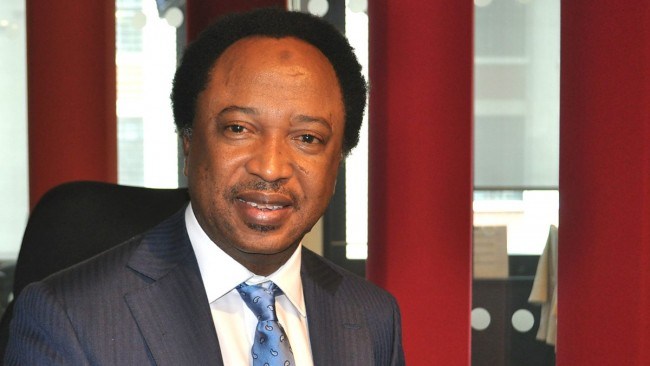A Senator representing Kaduna Central in Nigeria has doubted the ability of Independent National Electoral Commission, INEC, to enforce the ban of telephones at the polling booths during the elections.
The Independent National Electoral Commission (INEC) had announced the ban on the use of Smartphone at the polling booths.
In his Twitter handle, Senator Shehu Sani wrote “Ban on the use of phones at worshipping places, Gas stations, Banking Halls has proven difficult to enforce; that of polling booths will be unenforceable.”
This might have been triggered by a statement by Uche Secondus, the National Chairman of the Peoples Democratic Party (PDP), condemning the decision of INEC to ban the use of Smartphones at polling booths.
Sani, who on Wednesday tweeted, “People treat phones as part of their anatomy & lives, that they can’t do without. We are at a point when many see it as a ‘shield.’
However, Rotimi Oyekanmi, the Chief Press Secretary to INEC Chairman, has explained that the ban would take effect the moment a prospective voter enters voting cubicle to cast his or her vote and not around the polling unit areas.
In an interview with the News Agency of Nigeria (NAN) on Wednesday in Abuja, Mr Oyekanmi said Nigerians were fully aware of the challenge of vote-buying and selling that reared its ugly head in recent elections, saying this prompted many stakeholders to call on INEC to devise innovative ways to tackle the problem.
“In consultation with other stakeholders, the Commission came up with new measures to solve the problem, one of which is to disallow the use of smart phones and other electronic devices in the voting cubicles on elections day.
“In other words, INEC is not banning phones around the polling unit area, but the ban takes effect from the moment a prospective voter collects his or her ballot paper and enters into voting cubicle to thumb print and thereafter drop the folded ballot paper into the ballot box.

